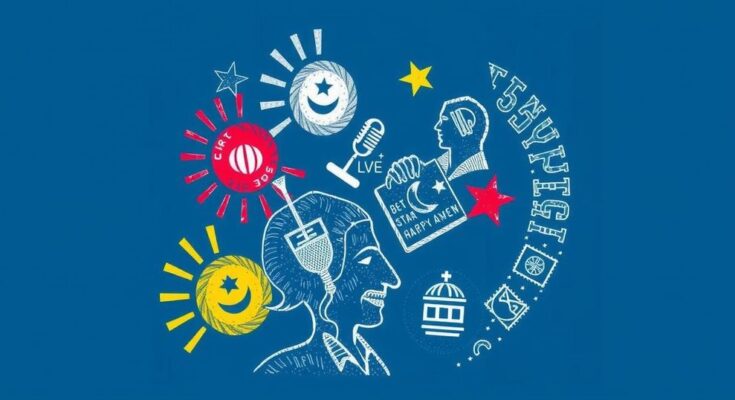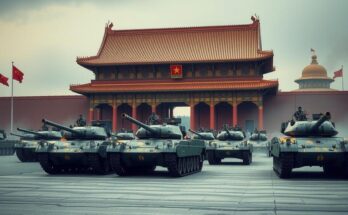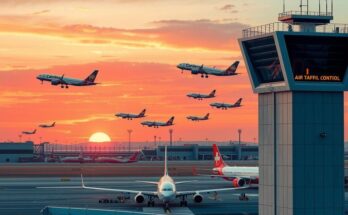The UN expert Irene Khan has accused Israel and Western nations of violating freedom of speech during the Gaza conflict, citing suppression of protests and targeted assaults on journalists. She highlighted significant restrictions observed in democracies regarding pro-Palestinian demonstrations, emphasizing the impact on media freedom and accountability surrounding the conflict’s casualties.
On Friday, a United Nations expert accused Israel and Western nations of violating freedom of speech amidst the Gaza conflict. Reporting to the press, UN Special Rapporteur Irene Khan presented her assessment, titled “Global Threats to Freedom of Expression Arising from the Conflict in Gaza.” She emphasized that the ongoing conflict has considerably endangered the freedom of expression both within the region and beyond its borders. Highlighting the repression of pro-Palestinian protests in Western democracies, Ms. Khan reported that during the initial phases of the conflict, there were significant crackdowns observed in various countries. She referenced the harsh response to demonstrations at United States university campuses, where riot police were deployed to dismantle encampments organized by protesters. In Germany, a ban on pro-Palestinian demonstrations was implemented last October, with lingering restrictions affecting specific regions while allowing pro-Israeli rallies to proceed without hindrance. The French government previously attempted a comprehensive ban on demonstrations but has since shifted to evaluating situations on a case-by-case basis, a trend also noted in Belgium and Canada. Further, Ms. Khan condemned the targeted assassination of journalists in Gaza and the West Bank, reminding the audience that such acts constitute war crimes. She expressed concern over the lack of accountability for the deaths of media personnel and other restrictions placed by Israel, including the destruction of press facilities and the prohibition of Al Jazeera. These actions, she argued, reflect a broader strategy by Israeli authorities to suppress critical journalism and obscure the documentation of potential war crimes. The conflict was ignited on October 7, 2023, following a deadly assault by Hamas that resulted in the loss of 1,206 lives, primarily civilians, as per Israeli reports. The subsequent Israeli military campaign aimed at dismantling Hamas has led to the deaths of approximately 42,500 individuals in Gaza, a figure deemed credible by the United Nations health ministry in the territory run by Hamas.
The Gaza conflict has profoundly affected not only the region itself but also the response from global democracies concerning freedom of expression. The UN Special Rapporteur’s assessment reflects ongoing tensions around the world, particularly in Western nations, where public demonstrations relating to the conflict have faced significant scrutiny and, at times, suppression. The context of the conflict includes various perspectives on protests and expression of support for Palestinians versus the state of Israel, which has resulted in policies that raise concerns regarding civil liberties and human rights.
The remarks from UN Special Rapporteur Irene Khan underscore the urgent need to protect freedom of speech in conflict situations, particularly as they relate to the Gaza war. The implications of prohibiting protests, targeting journalists, and suppressing media serve as a critical warning about the state of democratic values in the face of conflict. As the situation evolves, the international community is urged to uphold principles of freedom of expression while addressing the complex dynamics of the ongoing conflict.
Original Source: jordantimes.com




